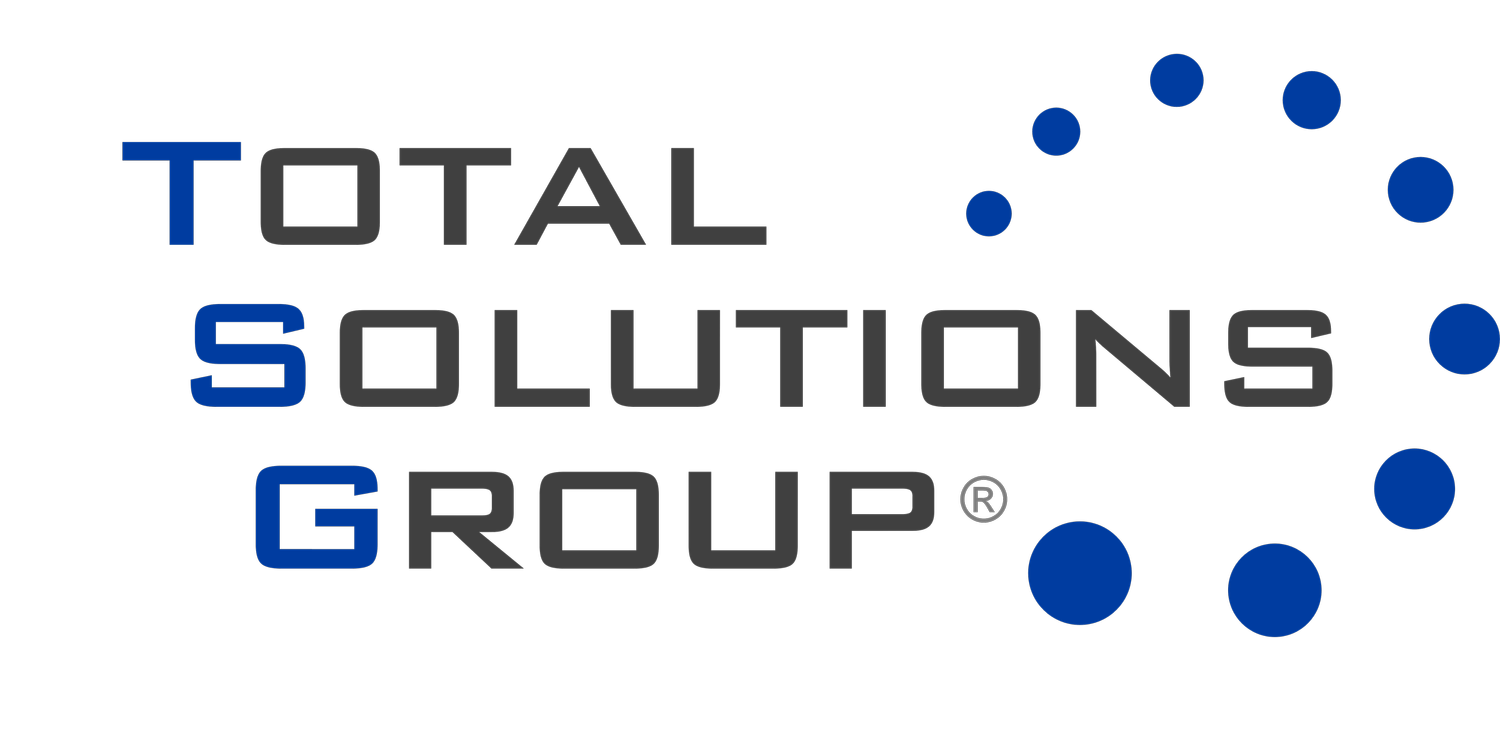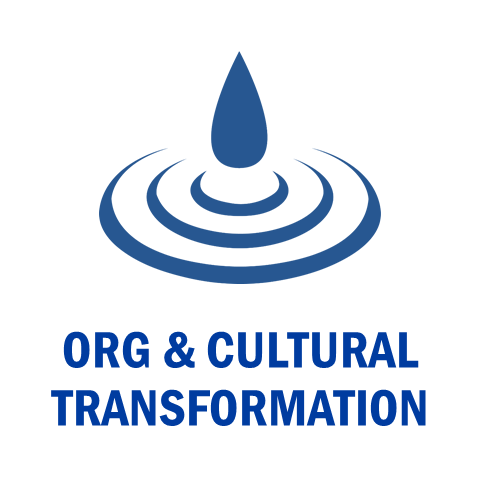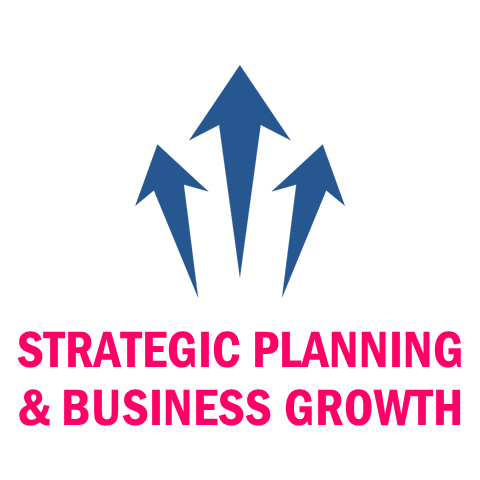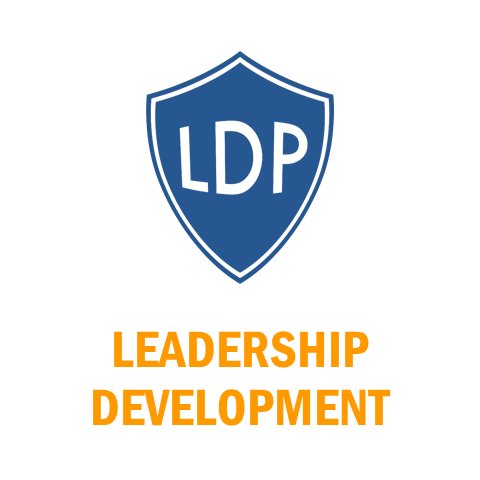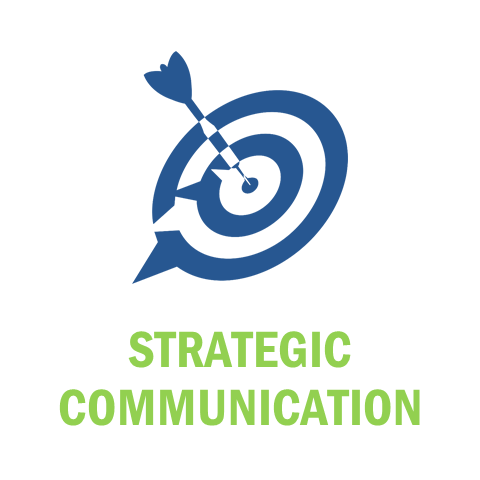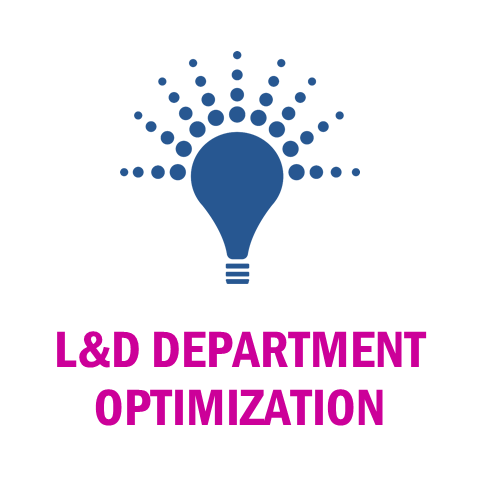By !Joe Urbanski, 6 minute read
First, we said our heads were “in the clouds.” Then, it was our data that was stored in the cloud. Now, it seems like all of our lives are taking place in the cloud—over the Internet. The novel coronavirus of 2020 has changed how we do business, how we lead our teams, how we develop our people, and even how we raise our families…and this trend is likely going to continue into the foreseeable future because #1 it’s not all that bad and #2 people are going to get used to it. The only thing I can’t get used to is how companies and trainers have used this as an excuse to be lazy.
I don’t mean lazy in the typical sense. Companies are doing more than usual to support their people and their communities. Businesses large and small are contributing where they can. And you’ve been invited to 136 webinars so far.
So then, how do I mean lazy? Why are “professionals” delivering webinars while sitting in chairs?! What the hell is that about? It’s either lazy, naïve, or disrespectful. Is that how we create high-energy? Is that how we interact with an audience? Is that how we engage with the human soul from the platform? No way! And it’s certainly not as much fun—for them and for us!
Professionals don’t sit on stage; we’re not reading the news! We’re up. We’re energized. We’re ready to inspire participation. And I don’t mean just in a Q&A section at the back-end of the webinar.
Let’s start there: what is a webinar? There’s no Latin root for the word; we’ve only been using it since the 1990s. A webinar is a seminar on the web. What is a seminar? It’s a meeting or conference for discussion or training. Discussion! It’s not a dang lecture (which is an educational talk).
What does all of this mean? The same strategies that we deploy to create a high-energy, interactive, engaging, and fun experience for a stage performance are the ones we should use for a digital experience. We need to change our mindset, our approach, and our language.
It’s not just a webinar; it’s a digital experience. Think about how you can transform this simple online training into an event that people experience feelings instead of only thoughts. Use our Learn-Say-Do-Reflect (LSDR) Model to make your training a “want to,” not a have to. (See graphic and get to this session.)
It’s not just a presentation; it’s a performance. Don’t just provide a talky-talk lecture with graphs and charts that you think are interesting. Stand up and give your learners the energy they deserve. Do more than just provide information. Get yourself engaged to get everyone else engaged. (Again, see LSDR Model.)
It’s not just a group of attendees; it’s a community. If a seminar is a “meeting for discussion or training,” we need to make certain the lines of communication are open during the entirety of the event. If you create the space for conversation, it will happen. Find ways to create connection between everyone’s insights and actions so they help you co-create the experience.
It’s not just your home office; it’s your studio. Get the right staging and lighting and sound equipment to look like a pro. If you’re on camera and you have a window behind you, it’s time to redesign your office. This is a new skill that you’re going to need as a trainer as the world gets used to working from home and remote experiences, so be ready. And don’t worry, a beautiful front stage usually looks ugly backstage.
This all sounds nice, but does it work? Of course! We at the Total Solutions Group have been providing remote culture-driven solutions for businesses since 2004 and we’ve been deploying these strategies for creating an energizing participant experience since computers and smartphones had HD cameras.
Join us in transforming the standard and less-than-satisfying sit-down webinars and remote training into standup experiences that maintain the same approach you would in live learning experiences.
